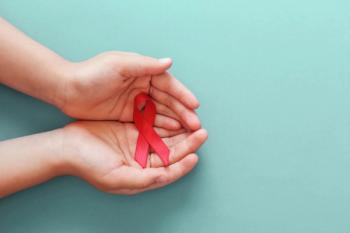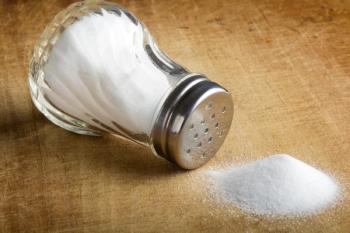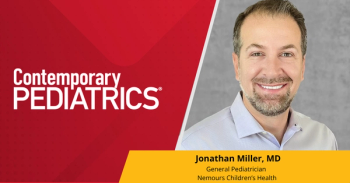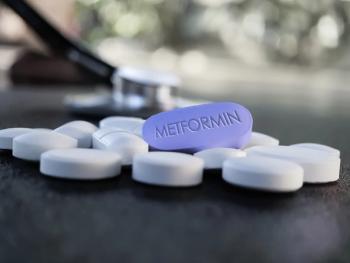
Can newborns safely room-in with mothers infected with COVID-19?
Many changes have happened in medical care to protect patients and prevent further spread of COVID-19. An investigation looks at whether newborns can be roomed-in with and breastfed by mothers who have been infected.
COVID-19 has led to many changes in care, with many appointments now occurring through telemedicine and hospital access radically changed. One of the unknowns was how safe newborns are when being kept in the same room and being breastfed by a mother who is infected with severe acute respiratory syndrome coronavirus 2 (SARS-CoV-2). An
The investigators ran a prospective, multicenter study that enrolled mother-infant pairs from March 19, 2020, to May 2, 2020, and followed up for 20 days of life. Research was carried out at 6 COVID-19 maternity centers in Lombardy, Italy, which was particularly hard hit by the early days of the pandemic. Each mother was positive for a SARS-CoV-2 infection and was eligible for rooming-in because of the mother’s clinic condition. The infant had a negative nasopharyngeal swab at birth.
There were 61 mothers who were infected with the disease and they delivered 62 newborns, which included a pair of twins. Most of the women had a diagnosis of SARS-CoV-2 before delivering the child and 14 of them women were in the middle of diagnosis during delivery. Only 3 women, including the woman who delivered twins, were diagnosed after delivery, which occurred at 2 to 5 days postpartum. Thirty-four of the women were asymptomatic when diagnosed and 43 were asymptomatic at delivery. The most common symptoms included coughing and loss of smell. One mother’s symptoms became worse and required admission to the intensive care unit, which disrupted the rooming-in process. None of the mothers died. All of the children had standard deliveries and only 1 required resuscitation with ventilation in the delivery room. Ninety-five percent of the newborns were given breastmilk, with most who did being exclusively breastfed. Only 1 of the newborns was diagnosed with SARS-CoV-2 infection before discharge and she was delivered to the woman who required intensive care. She was discharged on her 18th day of life, still positive for SARS-CoV-2 and then tested negative at her 30th day follow-up visit. Every infant stayed in good clinical condition over the course of the study period.
The researchers concluded that rooming-in and breastfeeding can be safely practiced by women infected with SARS-CoV-2 and are well enough to care for their infants. The results mean that mothers with COVID-19 can safely have those all-important first hours with their newborn.
Reference
1. Ronchi A, Pietrasanta C, Zavattoni M. Evaluation of Rooming-in practice for neonates born to mothers with severe acute respiratory syndrome coronavirus 2 infection in Italy. JAMA Pediatr. December 7, 2020. Epub ahead of print. doi:10.1001/jamapediatrics.2020.5086
Newsletter
Access practical, evidence-based guidance to support better care for our youngest patients. Join our email list for the latest clinical updates.








